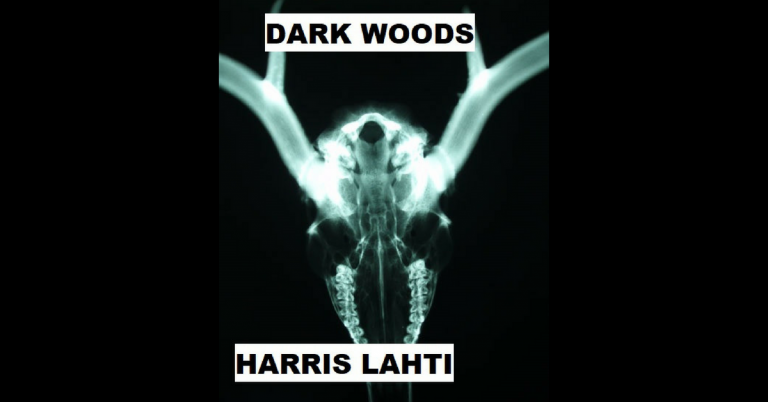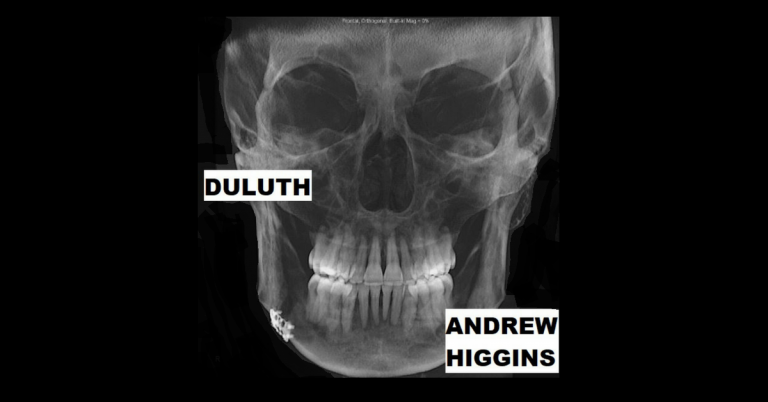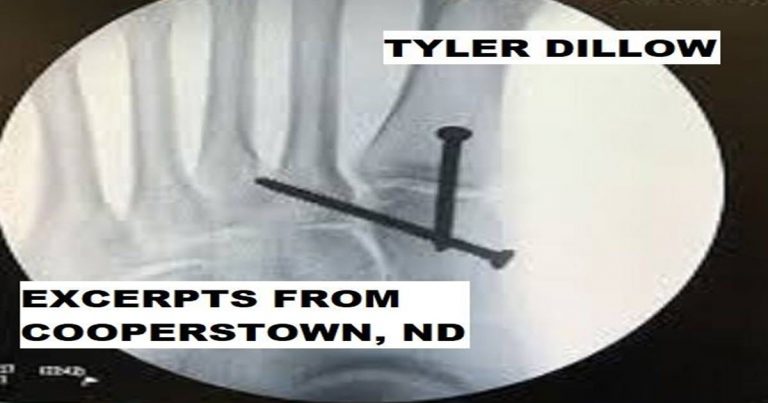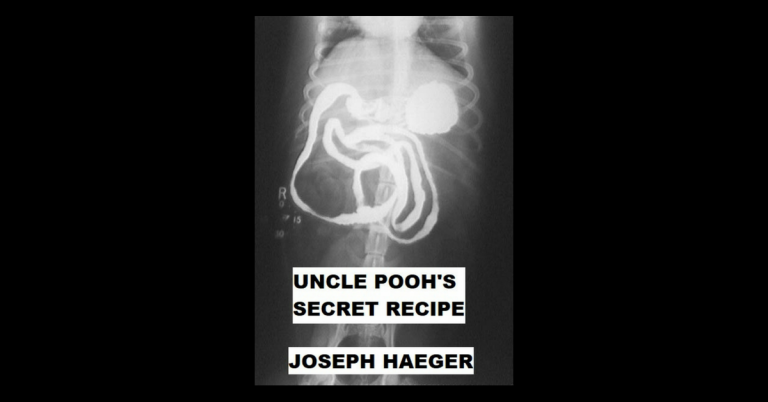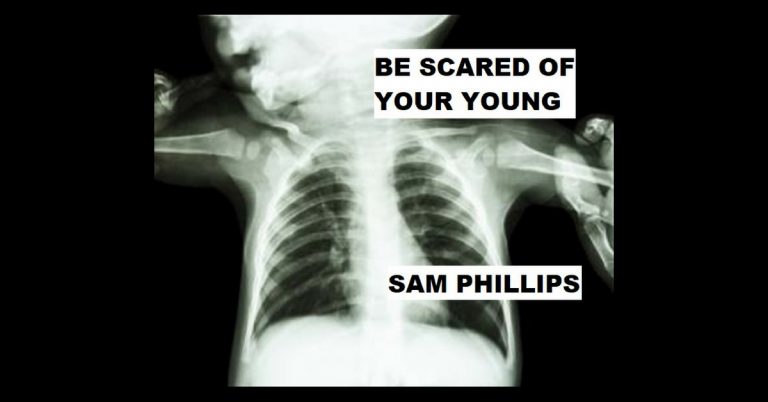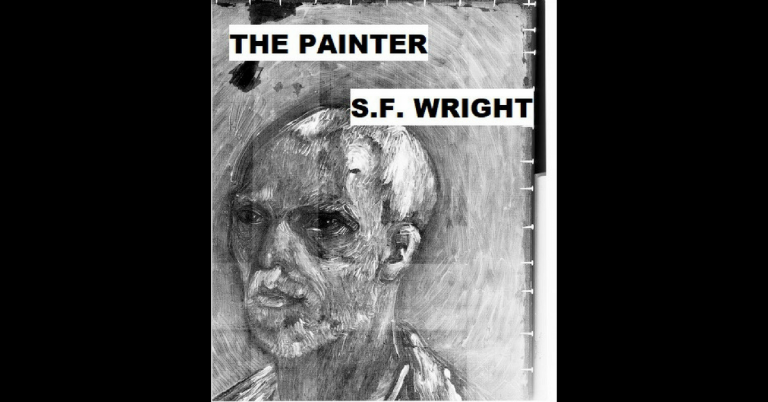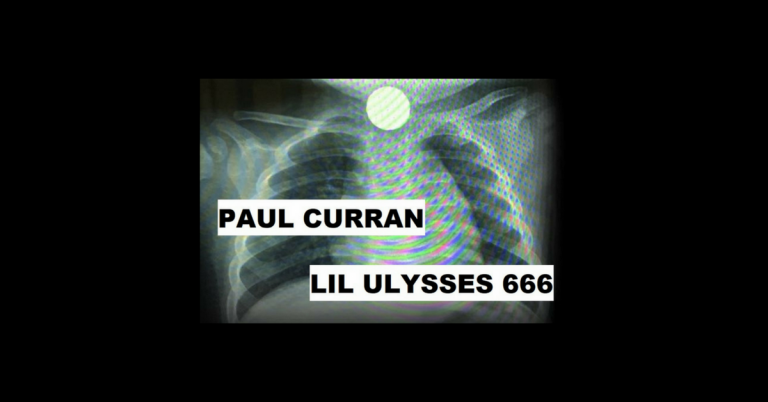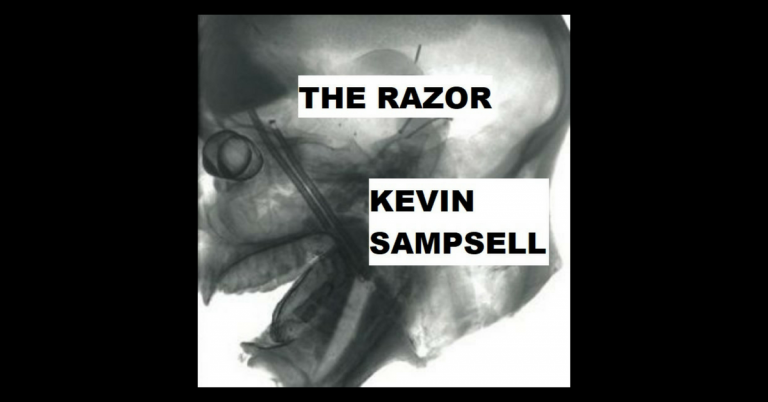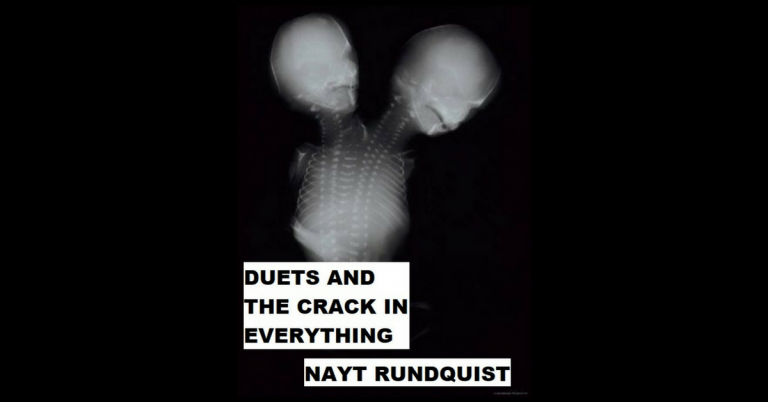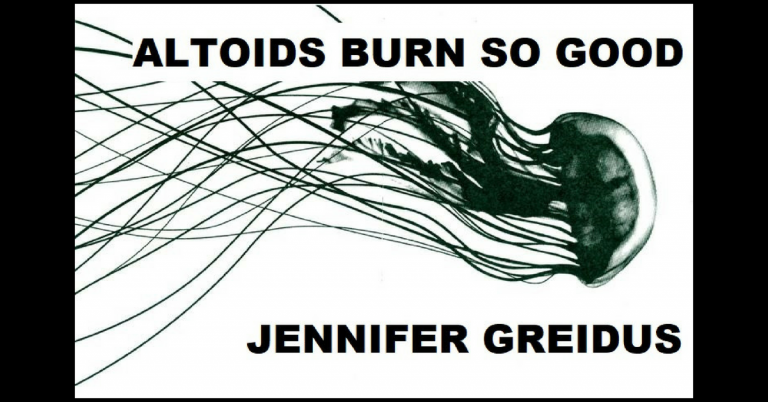Cheetah’s mom is dead. So’s his dad. He lives with his almost-deaf uncle Grant. His uncle plays a lot of solitaire and has a lot of different girlfriends. When Cheetah was in fourth grade, Uncle Grant was a volunteer fireman. He laughed a lot. He made casseroles and brought them over on Sundays. Now, Uncle Grant doesn’t put out fires, cook, or even laugh. For three months, he hasn’t left the apartment. Uncle Grant made Cheetah change the locks because the rent’s been overdue since June.
Cheetah would like to be a volunteer fireman, but he can’t until he’s eighteen. That’s three years from now. He might have to have a GED, too. He can’t remember and doesn’t know if he’ll bother if that’s the case.
Uncle Grant sleeps hard, and his girlfriends come and go. They bring him Wendy’s, wake him, feed him, fuck, and leave. When they forget to bring extra salt packets for his fries, Cheetah knows it. The girlfriends get apologetic, and they’re loud about it so Uncle Grant can hear their remorse, how they know they’re stupid.
Most of the girlfriends think Cheetah is cute, almost handsome. They flirt with him. He thinks they think statutory rape accusations are only for men.
One girlfriend, Jeanette, is especially frisky. Tonight, she seeks him out. After the fast food and the fucking, she leaves Uncle Grant’s bedroom and joins Cheetah in the living room. He was just thinking about jerking off again into one of the hundred fast food napkins Uncle Grant left on the floor next to the recliner.
Jeanette touches his shoulder. “Aren’t you bored here alone all day?”
“Nope.”
“Do you have a girlfriend?”
“Nope.”
“Do you want one?” She lights a cigarette and plops down on the coffee table, next to where Cheetah’s propped his feet. She pinches his big toe and blows smoke in front of his face. She nods at the TV. “How about we watch something more upbeat.”
She squeezes the arch of his foot. Her pink nails--homemade manicure--dig into his sock. He yanks his foot free because it tickles. For the first time, he takes his eyes off the Cops marathon and looks in her eyes. “I like this show. I like it a lot.”
“Looks like you like it a little too much.” She nods at the mound of crumpled paper products next to the chair, all sticky with Cheetah’s jizz. The one on top is from just fifteen minutes ago, and it crowns the lot of at least fifty others like it.
“Whatever. Can I have a cigarette?”
“You’re too young,” she says, although she’s retrieving one from the pack.
Just as she pulls it out, Cheetah says, “Just kidding. You were gonna give me one, weren’t you? Pathetic.”
Jeanette glares at him, but after a lifetime’s vying for men’s attention and approval, she seems used to this cruelty. Her eyes widen as if she expects an apology. Cheetah sees the same eyes on every one of Uncle Grant’s girlfriends: searching for the next person who’ll give them the feeling that they matter in some way.
“Why do you come here?” Cheetah says. “To be treated like shit? Used. It’s kinda disgusting.”
“We like each other. It’s just some fun.” She lights up and cocks her head to the left. “It’d be nice to leave the house sometime, though.”
Cheetah snorts. “Good luck with that.”
“He’s a homebody.”
Cheetah sits up and turns down the volume on Cops. He leans forward, elbows on his knees. He puts his face nearer hers. “You know he’s fucking, like, twelve other chicks, right? You don’t see all those fast food bags in the trash? You don’t ever go to Burger King, do you? No. You’re a Wendy’s chick. Fridays. Nine o’clock. Wendy’s.”
Jeanette frowns and looks down. She fingers the chipped glass of the coffee table surface. Cheetah feels like shit about what he said. He can’t take it back, though; she’ll be here all night, thinking she has a friend.
He picks at one of the coffee table’s legs, bitten up from a Shih Tzu they had last year but who died. Cheetah had locked the dog in the bathroom before school because the dog always chewed Cheetah’s cum-crusty underwear. The dog clawed and ripped at the chipboard bathroom door all day. When Cheetah got home, he found the dog’s tongue impaled with a thick dagger of wood. The floor and the dog were slick with vomit. With his fingers, Cheetah pushed past the vomitus in the dog’s mouth and tugged a five-inch piece from its throat.
Jeanette squeezes Cheetah’s knee. “Anyway, no girlfriend for you?”
“What’s your spirit animal?”
“What?”
“Spirit animal,” Cheetah says, sitting back in the recliner and turning up the volume a little. “You know. Native Americans. Those totem pole things?”
Jeanette slides her ass across the table, so Cheetah’s thigh is within reach. She squeezes that. “I don’t know. I’ve always felt special about jellyfish.”
Cheetah mutes the TV again and sneers at her. “You think the Native Americans gave a fuck about jellyfish?”
He feels a pull in his groin. He checks the time on his phone. It’s been about a half-hour since he came. He needs to do it again soon, or he’ll start to think about the Shih Tzu, dropping out of high school, and his parents, who were shot by a disgruntled bus driver on their way home from a Revival meeting in Pittsburgh. If Cheetah keeps ejaculating, he’ll never be sad again.
He stands and tosses the remote on the chair. “I know you know where the door is. I’m going to bed.” He’s not going to bed. He’s going to the bathroom to come in the toilet. Maybe the sink. Sometimes Uncle Grant leaves piss unflushed, and it creeps Cheetah out for a little while.
His dick is sore, as usual, and his hand is rough. This is the seventh time he’s come today. At this point in the day, the callouses make it better. He shoots in the sink and rinses the dime-sized glop down the drain. He’s surprised when much of anything comes out of him at all.
He stands in front of the bathroom mirror and pops an Altoid. He hates the mints. Loves to hate them. They burn the fuck out of his cheek, and he knows they’re supposed to, that someone made them this way. The mints must be meant to burn the fuck out of your cheek, and the world knows nothing bad is going to happen if you like that burn, because they’ve done tests on bunnies or whatever. The bunnies thought Altoids burned so good.
